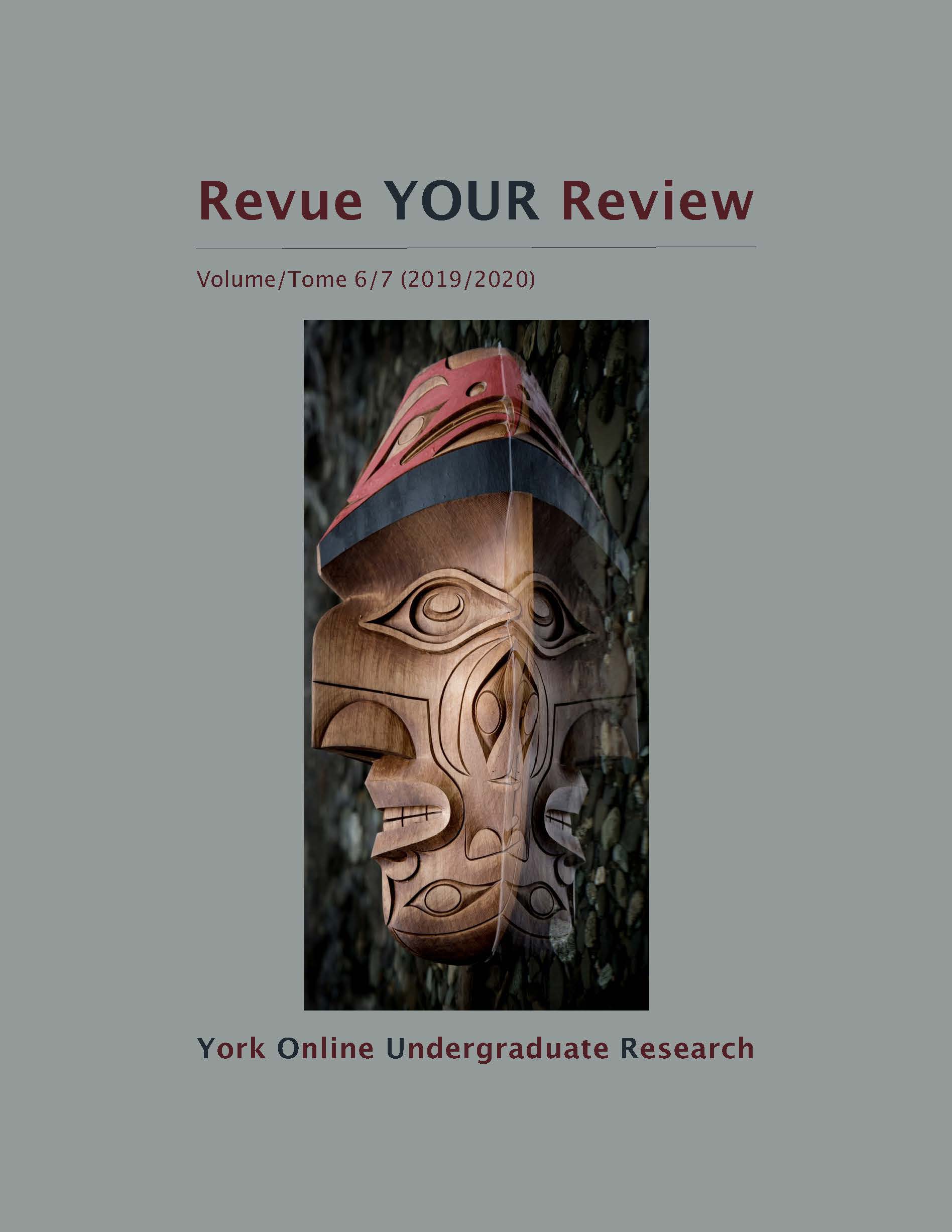Are Angry Babies Boys and Happy Babies Girls? A Paired-Associate Learning Experiment
Mots-clés :
gender, emotion expression, stereotypes, memory, paired-associate learningRésumé
Expressions of happiness and affection have stereotypically been associated with women, and those of aggression and anger, with men. In this study, we ask if this association affects memory. Eleven women and 11 men had to learn the names of 24 babies by viewing their faces: 12 faces expressed happiness and 12, anger. All baby faces appeared gender neutral (in reality, half of them were girls and half, boys). Half of the happy babies were assigned a girl name and half, a boy name, and likewise with the angry babies. After trying to learn all the emotion expression and gendered name pairings of the babies, the participants were given a multiple-choice recognition test, where the face of each baby was shown and four possible names were provided (the correct one and three incorrect ones—among them, two boys’ and two girls’ names). As expected, there were more correct answers when learning occurred with the congruent emotion-gender pairs (happy-girls, angry-boys) than with the incongruent ones (angry-girls, happy-boys). Moreover, the incorrect names attributed to the baby faces were more often congruent with the emotion expressed: angry babies were attributed an incorrect boy name and happy girls, an incorrect girl name. Our results confirm that stereotyped associations still influence associative memory. Remembering the names of happy baby girls and angry baby boys is easier, and babies expressing happiness and anger may be easier to associate with femininity and masculinity, respectively. This research suggests that gender stereotypes are still prevalent and continue to influence our cognitive processes.
Téléchargements
Publié-e
Comment citer
Numéro
Rubrique
Licence
© Taylor Whitehead, Victoria Hardin, Roshawnah Forde, Claudia Dias Martins, Maria Arrieta, Annie Goikhman 2020

Cette œuvre est sous licence Creative Commons Attribution - Pas de Modification 4.0 International.
Les auteurs qui contribuent à la Revue YOUR Review acceptent de publier leurs articles selon une des trois catégories de la licence 4.0 : Creative Commons Attribution 4.0 International; Creative Commons Attribution-Pas d'Utilisation Commerciale 4.0 International; ou Creative Commons Attribution-Pas de Modification 4.0 International. Tout contenu éditorial de ce site ainsi que les affiches et les résumés sont sous la licence Creative Commons Attribution-Pas de Modification 4.0 International. Pour plus d’informations, veuillez voir :
https://creativecommons.org/licenses/
Dans tous les cas, les auteurs conservent leurs droits d’auteurs et concèdent à la Revue YOUR Review le droit de première publication. Les auteurs peuvent, par la suite, conclure d’autres accords de distribution non exclusifs de la version publiée dans ce périodique (par exemple, l’afficher à un dépôt institutionnel ou le publier dans un livre ou dans un autre périodique) à condition que la reconnaissance fasse mention de la publication originale dans la Revue YOUR Review.


